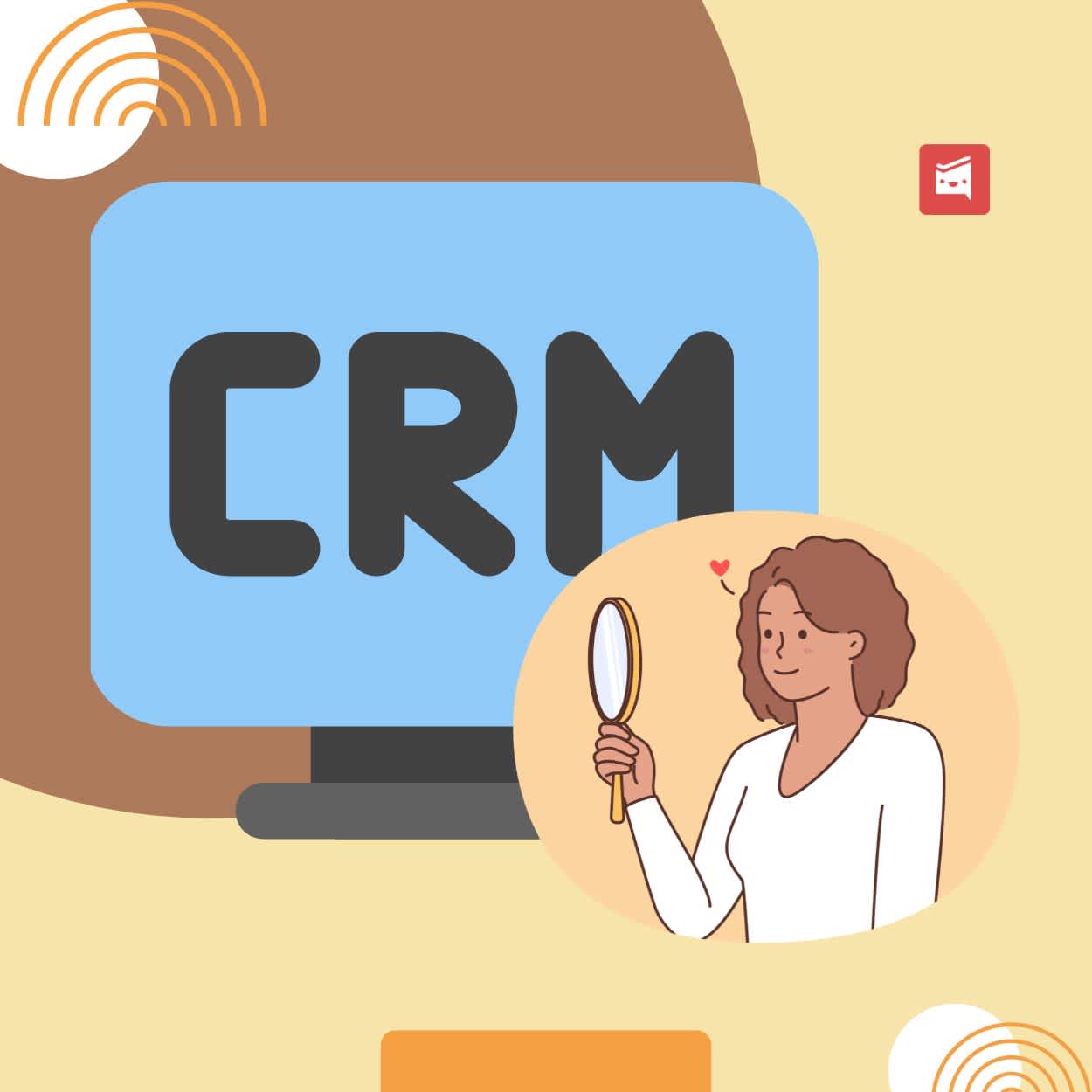How to Choose a CRM System for Small Businesses
ByJulian Gette
Workast publisher

Workast publisher
Customer Relationship Management (CRM) systems, especially those integrated with LinkedIn, have become essential tools for businesses aiming to improve their interactions with customers, streamline processes, and increase profitability. Choosing the right CRM system can be a daunting task due to the plethora of options available. This article will guide you through the critical factors to consider when selecting a CRM system for your business.
Before diving into the features and functionalities of various CRM systems, it’s crucial to assess your business needs. Consider the following questions:
What are the specific challenges your business faces in managing customer relationships?
What processes do you want to automate or streamline?
What are your goals for using a CRM system (e.g., increase sales, improve customer service, enhance marketing efforts)?
Having a clear understanding of your needs will help you narrow down the options and choose a CRM that aligns with your business objectives.
Once you have a grasp of your business requirements, look for CRM systems that offer features and functionalities that meet those needs. Key features to consider include:
Contact Management: Efficiently organize and manage customer information.
Sales Management: Track sales opportunities, pipelines, and performance.
Customer Support: Provide excellent customer service through ticketing systems and support automation.
Marketing Automation: Automate marketing campaigns and track their effectiveness.
Analytics and Reporting: Gain insights into customer behavior and business performance through robust reporting tools.
A CRM system should be user-friendly and intuitive. If the system is too complex, your team may resist using it, which can lead to poor adoption rates and wasted resources. Consider the following aspects:
User Interface: Is the interface clean and easy to navigate?
Customization: Can the CRM be customized to fit your business processes without requiring extensive technical knowledge?
Training and Support: Does the provider offer comprehensive training and support to help your team get up to speed?
Your CRM system should integrate seamlessly with your existing tools and systems, such as email platforms, marketing software, and accounting applications. Integration capabilities ensure that data flows smoothly across your business, providing a unified view of your customers and operations.
As your business grows, your CRM system should be able to scale with it. Look for a CRM that can accommodate an increasing number of users, customers, and data without compromising performance. Scalability is essential for long-term investment in a CRM system.
Data security is paramount when dealing with sensitive customer information. Ensure that the CRM system you choose complies with industry standards and regulations, such as GDPR or CCPA. Key security features to look for include:
Data Encryption: Protects data during transmission and storage.
Access Controls: Limits access to sensitive information based on user roles.
Regular Backups: Ensures data can be restored in case of loss or corruption.
CRM systems come with various pricing models, including subscription-based, tiered, and pay-as-you-go options. Evaluate the pricing structure of different CRMs to find one that fits your budget. Consider the following:
Initial Costs: Upfront fees for setup and implementation.
Ongoing Costs: Monthly or annual subscription fees.
Hidden Costs: Additional charges for extra features, integrations, or support.
Customer reviews and testimonials can provide valuable insights into the real-world performance of a CRM system. Look for feedback from businesses similar to yours to gauge how well the CRM meets their needs and expectations.
Most CRM providers offer demos or free trials. Take advantage of these opportunities to test the system's functionality and usability. A hands-on experience will help you determine if the CRM is the right fit for your business.
The reputation and stability of the CRM vendor are crucial factors to consider. A reputable vendor with a strong track record is more likely to provide reliable and ongoing support. Investigate the vendor’s history, financial stability, and commitment to innovation. A vendor that continually invests in improving their product can offer better long-term value.
In today’s fast-paced business environment, having access to your CRM on-the-go is invaluable. Ensure that the CRM system offers robust mobile accessibility, allowing your team to access customer data, manage tasks, and communicate with clients from their smartphones or tablets. Mobile access can significantly enhance productivity and responsiveness.
Every business has unique processes and requirements. A CRM system that offers high levels of customization and flexibility can be tailored to fit your specific needs. Look for CRM solutions that allow you to customize fields, workflows, and reporting to align with your business operations. This flexibility ensures that the CRM system evolves with your business.
Choosing the right CRM system for your business involves careful consideration of your needs, the system's features, ease of use, integration capabilities, scalability, security, pricing, customer feedback, vendor reputation, mobile accessibility, and customization options. By following these guidelines, you can select a CRM system that enhances your customer relationships and drives business growth. Meta Desc: Discover how to choose the right CRM system for your business with our comprehensive guide. Learn about essential features and more to enhance customer relationships and drive growth.
